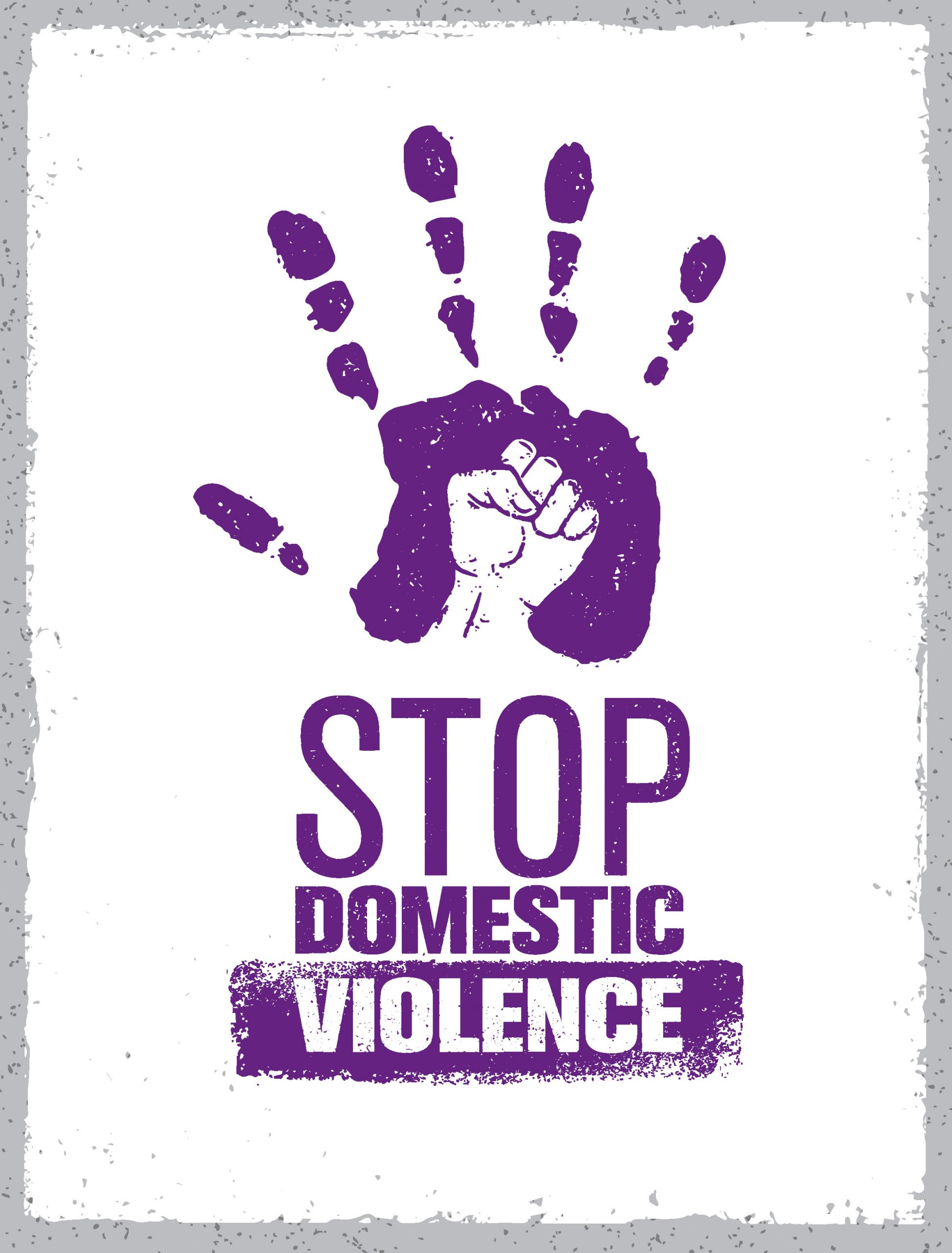Debriefing the 2021 WV Legislative Session – Domestic Violence


By Brian Skinner, Esq.
The 85th West Virginia Legislature spent little time on domestic violence issues during its first regular session. Although, several bills were introduced to strengthen the state’s response to domestic violence, few received any consideration and only one was enacted.
House Bill 2830, passed by the legislature and approved by Governor on April 21, 2021, authorizes child victims of sex trafficking to access juvenile adjudication records without a waiting period and provides for immunity from prosecution for child victims of sex trafficking. Child victims of sex trafficking will also now be eligible for comprehensive and specialized trauma-informed child welfare services, and a child victim of sex trafficking is permitted to expunge records of a juvenile delinquency adjudication. Finally, the bill addresses the criminal liability of a person who aids, assists, or abets the trafficking of an adult or child by making them subject to penalty of up to 20 years in prison. The bill becomes effective on July 7, 2021.
With regard to other legislation affecting families, a bill to make changes to the way courts decide child custody cases, H. B. 2363 (Relating to “Best Interests of the Child Protection Act of 2021”) passed on the final night of the session. The bill makes several changes to the state current child custody laws, including clarifying the decision-making responsibility of parents, specifically defining where custody cases should be litigated, requiring courts to provide the parties to a case specific written finding of fact, and requiring evidentiary hearings when the parties are unable to agree to a parenting plan.
The bill also clarifies factors to be considered by a court when deciding whether to limit a parent’s custody or decision making under a parenting plan and requires courts to identify to all parties the identity of the assigned investigator, and the investigator shall be a compulsory witness and subject to full examination and cross-examination by both parties.
After the bill was amended and passed the Senate, the House amended the bill again to include the provisions of S.B. 79 (Providing fair mechanism for adjudication of requests for relocation of parent with child) which passed the Senate and was sent to the House of Delegates on February 24, 2021.
The bill passed both chambers on the final night of the session and signed by the Governor on April 28, 2021.
Bills that did not find support in either chamber include S.B. 498, which would have removed an exemption for married persons from the definition of criminal sexual contact. The bill was taken up and recommended for passage by the Senate’s Committee on the Judiciary, however, after reaching the floor of the Senate the bill was recommitted to the committee because of concerns by some members that the bill was an unreasonable intrusion into the marital relationship.
West Virginia, like many states still treat spousal rape as different from other rapes by providing exemptions for spouses depending on the facts of the case and the severity of the charge. In fact, the idea that rape within marriage wasn’t considered rape dates back to the writings of Sir Matthew Hale, an 17th-century English jurist who theorized that wives give “irrevocable consent” to their husbands. “By their mutual matrimonial consent and contract, the wife hath given up herself in this kind unto her husband which she cannot retract”.
This seemingly archaic concept continues to exist in American jurisprudence into the 21st century. Indeed, in 2015, Michael Cohen explained to reporters while defending his former boss, Donald Trump, that “By the very definition, you can’t rape your spouse.”
It is noteworthy that in West Virginia, married does not necessarily mean having a marriage license. For the purpose of criminal offense of sexual abuse in the first degree, married includes persons living together as husband and wife regardless of the legal status of their relationship.
Yet, despite decades of women’s rights activism, court rulings, and a growing body of research into the prevalence of marital rape, state legislatures, including members of the West Virginia Senate, continue to hold onto a 17th century perspective on marriage.
The following bills involving domestic violence were introduced but not considered during the 60-day session — S.B. 57 (Staying civil actions resulting from domestic violence for 60 days from date of final order); S.B. 65 (Requiring licensed programs for domestic violence victims offer specific services); S.B. 250 (Prohibiting abuser of child from making contact with victim for 10 years; S.B. 495 (Providing criminal offense of sexual extortion and sexual extortion by person holding certain position over another); H.B. 2539 (Directing the Supreme Court of Appeals to create a pilot domestic violence court in Kanawha County); and H.B. 2558 (Creating a domestic violence registry).
Finally, although not a bill that directly addresses domestic violence, the legislature finally enacted legislation to create an additional layer of appeal in certain civil cases, including appeals of family court decisions. S.B. 275 creates the Intermediate Court of Appeals which will replace the circuit court as the court of appeals in family law matters. However, the Intermediate Court of Appeals does not have jurisdiction over judgments or final orders issued in any juvenile proceeding or in child abuse and neglect proceedings. Decisions of the intermediate court of appeals are reviewable by the West Virginia Supreme Court of Appeals.
Brian is the former counsel to the West Virginia House of Delegates Judiciary Committee and counsel to the West Virginia Senate Minority Caucus. He was also general counsel to the West Virginia State Health Officer and Commissioner for the Bureau for Public Health. He has almost two-decades of experience as a strategic advisor and chief legal counsel to both executive and legislative branch public officials.

